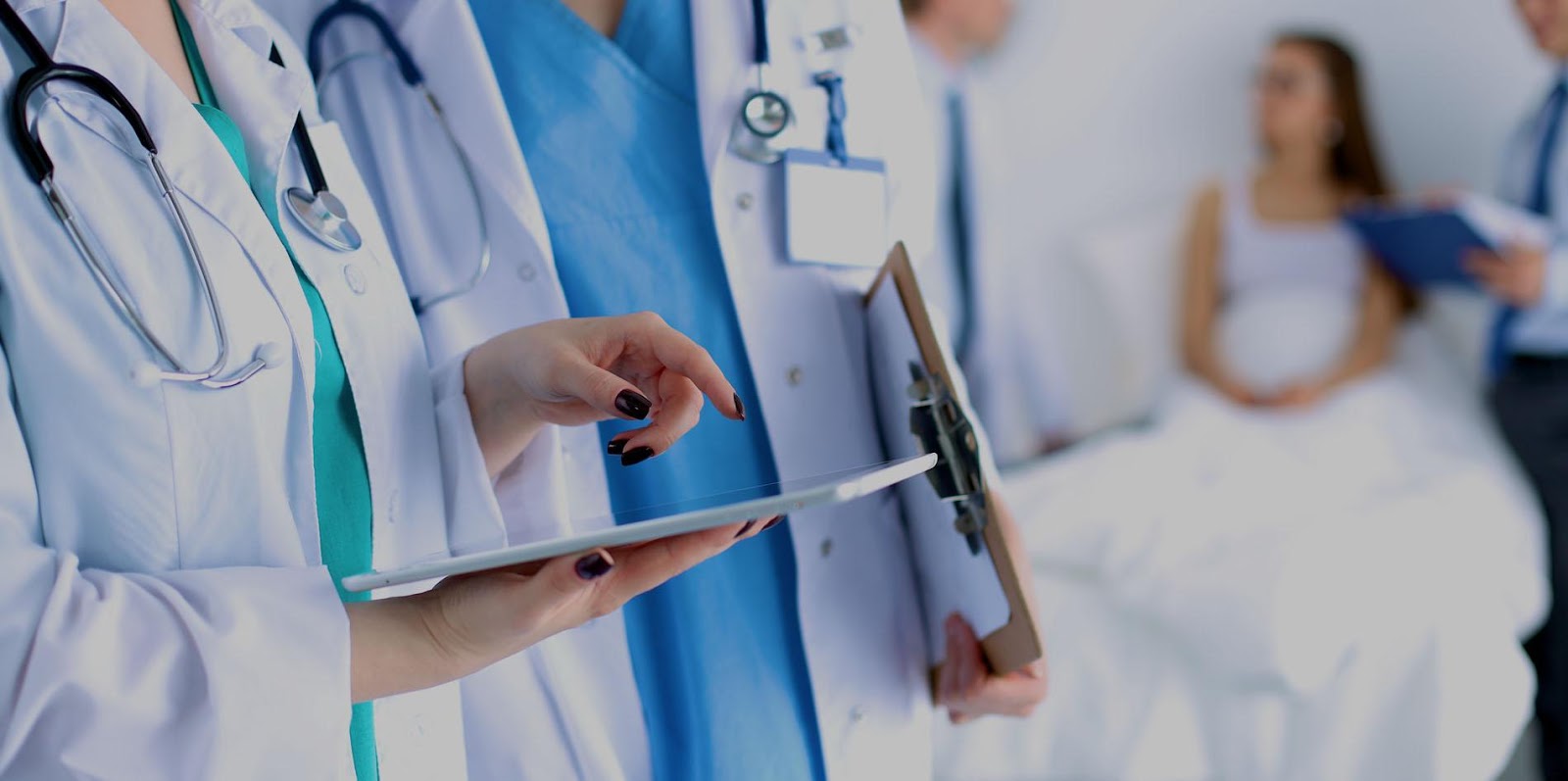While living in the technological world, anything can be accomplished with the click of a button. This is also applicable in the medical field which includes keeping in touch with patient’s doctors or updating employees. This all can happen online, depending on how fast your internet connection will allow. Almost every industry is using technology including the hospitals which use secure messaging apps to keep patients up to date and in the loop. Technology can also be used to keep medical team members up to date with current information.
But the situation is a little different in medicine, the reason being, the healthcare industry is bound by rules and regulations. Any information being sent through secure messaging apps must be HIPAA compliant, and if not there could be serious legal consequences for a medical practice or healthcare facility. Keeping this in mind, there are different HIPAA compliant messaging healthcare solutions used in medicine today.
24 Hour Answering Service
Being a medical practitioner, it is important that you are available to your patients for 24 hours. You need to be prepared as at any time a patient may need to have medical attention. It is not possible that the medical staffs are available on duty all the time. Anyone looking for emergency attention can be forwarded to the right channels straight. For people who are calling for an appointment or non-essential matter can be directed to call back during regular office hours.
Secure messaging for healthcare overcomes the problems created by the changes to HIPAA legislation. Making use of these apps, medical professionals can communicate securely from a desktop computer or mobile device within a private communications network. These apps have all the functionality of economically available apps and a familiar text-like interface, so none of the speed and convenience of modern technology is lost.
Secure messaging procedures
Innovation is just as powerful as the work process that supports it. Security conventions and systems are important to characterize how clinicians should utilize secure messaging. Arrangements and strategies ought to characterize:
- Which clients are qualified to utilize secure content informing dependent on their job, office, or work processes they're engaged with.
- How information shared inside instant messages will be verified both very still and in travel.
- Forbiddances on the kinds of protected health information that can be utilized in secure instant messages, for example, screen captures of secure instant messages, console correspondence for any messages containing information, just as pictures or recordings containing info.

Seriously, wow. Forget how you write and deeply you inform. This is a great post and i like way of writteh very much.
ReplyDeleteMobile Charge Capture